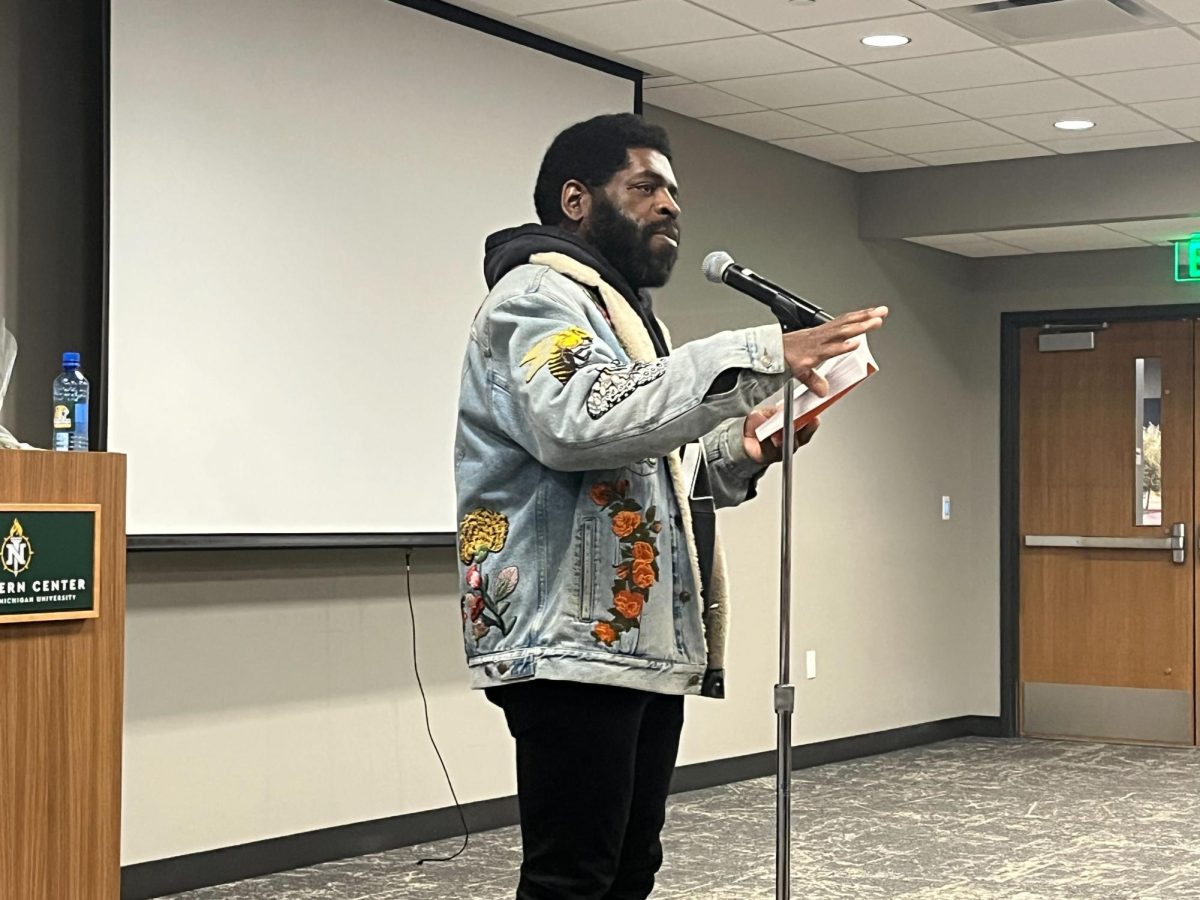W.E.B. Du Bois asked in his 1897 essay “The Conservation of Races” a question that would split African American communities from then on: “What, after all, am I? Am I an American or am I a Negro? Can I be both?”
Du Bois poses a question that most today may not take into account when discussing the Civil Rights movement. When two identities clash, which one(s) does a person choose?
Du Bois was of the opinion that, yes, one could be an American Negro without compromising black identity. During this time, there were many black activists trying to achieve the same goal—equality and freedom from oppression—but by different means.
There were two main ideologies: integration and nationalism.
Integration was the belief that if blacks were given true equality—not the separate-but-equal treatment—they could integrate into society with whites.
Nationalism was the belief that because whites would never treat, could never treat, blacks as equals, the races should separate via blacks emigrating back to Africa or separate states for blacks in America.
These two approaches were applied to the Civil Rights Movement. Martin Luther King Jr. (an integrationist) and Malcolm X (a black nationalist) were the faces of each movement. The institutions with which they identified with are telling of their respective causes.
King was the son of a Baptist preacher. He became a Baptist preacher himself, but only after receiving an education and searching for his own way in a country torn by segregation and racism.
When King decided his calling was that of a preacher, that he would work towards equality among men in America—the Declaration of Independence was proof enough, he thought—he took on the teachings and tropes of Christianity.
King was black, Christian and American.
Malcolm X probably would object to two of those identities. X was a member of the Nation of Islam, a black Muslim movement that favored nationalism.
X identified as black, Muslim and African. He did not follow the white man’s religion, nor did he call himself an American because he was not welcome in his own country, so how could he call himself an American?
Experiences shaped these men. King’s father followed the philosophy of Booker T. Washington and Frederick Douglass; he was an integrationist. X’s father was a Baptist preacher as well, but he followed Marcus Garvey—a nationalist.
What is often forgotten is that both Malcolm X and Martin Luther King Jr. wanted the same thing: to be treated as human beings, as people who deserve respect from their fellow man. They respected and admired each other, though many claim they were at odds.
Because of the history of racism in America—the caste system, Jim Crow South, segregation, etc.—African Americans were torn by Du Bois’ question of dual identity.
Being American, to some, meant parting with their African identity, which they were proud of and wanted to keep intact. Being an American was not worth giving up black identity. Too much had been taken from African Americans at that point in American history already.
Others, like King, believed that God had created men—not just white men, but all men—which meant blacks were equal to whites, if not in society then in the eyes of God. The Declaration of Independence, which states “We hold these truths to be self-evident, that all men are created equal, that they are endowed by their Creator with certain unalienable Rights,” was proof enough.
While Supreme Court Justice Henry Billings Brown believed the 14th Amendment was not created so that the races would commingle, King knew this was not true: separate-but-equal was not a possibility in the eyes of a dedicated Christian.
Malcolm X would have cited Brown’s decision as evidence that whites would never acknowledge the equality of blacks, but X changed his view towards the end of his life.
On a trip to Africa, X spoke with the Algerian ambassador at the time, whom he described as “extremely militant and is a revolutionary in the true sense of the word.” When X described his cause for black nationalism, the ambassador—an African who was white—asked where he fit into the scheme.
This was truly a revelation for X. Perhaps, and I can only guess, Malcolm X was faced with the complexity of identity and found he was going about things the wrong way.
What I do know is that Martin Luther King Jr. and Malcolm X were both killed because of their strong sense of black identity, that they could have equality.
They were killed for different reasons, yet they remain men who are remembered as martyrs for a cause which answered W.E.B. Du Bois’ question. Yes, you can be African and American.
Editor’s Note: This column is the a part of a month-long series discussing human identity and how it pertains to conflicts within and between cultures.

























